Research
LabCom is composed of two research groups that reconcile the work of their specific lines of research with the strengthening of their interdisciplinary collaboration around common or transversal objects and in the organization of events and scientific publications.
The Communication and Media Group works closely with the PhD in Communication Sciences, while the Arts Group articulates its activity with the PhD in Media Arts.
Both groups include researchers from UBI and other Portuguese universities and polytechnic institutions.
Arts Group
Primary Researcher: Francisco Paiva
The Arts and Humanities group considers man to be a cultural, sensitive and creative agent, analysing the way he represents himself, is, and projects himself in space and time. It focuses on the modes, supports and means of expression and fixation of the "self-image", its communication, reception and criticism, with special attention to artistic manifestations, from cinema to the plastic arts, from design to the performing arts, from literature to multimedia. It provides an interdisciplinary approach to the modulation of knowledge and the imaginary, and develops fundamental and applied research in the Culture and New Humanities line, in three complementary areas:
a) Memory and Identity under media conditions, on the dynamics between content, media and technologies;
b) Representation as a process, with regard to the phenomena of emanation in the procedural arts;
c) Intersections between Culture, Information and Interface Design, which integrate art, science and humanities methodologies to create new knowledge.
Communication and Media Group
Primary Researcher: Gisela Gonçalves
Focusing on the notion of mediatisation, the Communication and Media group studies the technological and social aspects of mediatisation in a way that is both theoretical and experimental. In fact, more than just a "communication society", contemporary society is a mediatised society, i.e. a society in which technological mediation - particularly that developed by the "new media" - has become a decisive factor in the economy, culture, the arts, politics and everyday life. A factor which, because it is recent and decisive, poses equally recent and decisive problems, relating to the redefinition and reconfiguration of the public sphere, of professional communication practices such as journalism, advertising or public relations, of political communication in a democracy, of the boundaries between public and private or even of the new processes of creation and dissemination of the arts and sciences.


